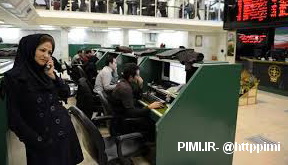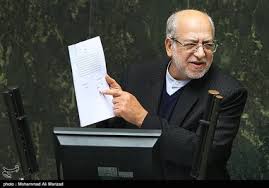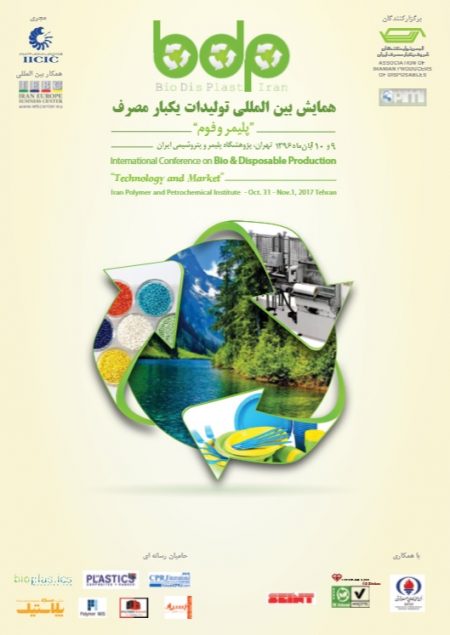 A push to withdraw the sale of petrochemical products on Iran Mercantile Exchange (IME) has failed once again, thanks to sincere efforts by media as well as some related bodies. The “Out of IME sales was mainly challenged by the PIM Publication group including this portal, and the story of selling or not selling petrochemical products on the IME came to a climax when the National Competition Council (a regulatory body) stepped forth to end disagreements.
A push to withdraw the sale of petrochemical products on Iran Mercantile Exchange (IME) has failed once again, thanks to sincere efforts by media as well as some related bodies. The “Out of IME sales was mainly challenged by the PIM Publication group including this portal, and the story of selling or not selling petrochemical products on the IME came to a climax when the National Competition Council (a regulatory body) stepped forth to end disagreements.
Former minister of industry (IMT) Mohammad Reza Nematzadeh used not to consider highly the necessity for the goods to be put on the IME. The former IMT Minister is a great investor ad a giant shareholder of the Petrochemical plants and his efforts (all since his 2nd ministerial position till now) is on behalf of his BMW (Benefits of Me is on Withdrawal) from IME.
As petrochemical pricing formulas changed ground from exchange currency to a discovery US$ base on each Sundays with a close look to the free market currency, also, with the preconception that the whole of petrochemical products would be traded on the IME, the unnaturally high demand subsided around June 2015. This made the hyped market settle down into more normal atmosphere, although some attractive grades or else disruptions in supply would now and then create some heat in the IME.
After these changes, the domestic product of petrochemicals witnessed some recession. The rising raw material prices as well as a general downturn were among the reasons, added to the fact that the market for some special products was under the monopoly of a limited number of companies, including the companies owned by Mr. Nematzadeh that were established when he was fired from any administration jobs during “M. Ahmadi-Nejhad”‘s 2 rounds of presidency.
At such time, most experts, as well as activists in the field as well as those in the downstream had a positive idea about petrochemical products being offered on the IME. However, right then was the time when the National Competition Council stepped forward.
Many at that time believed that until then, there was no regulatory or overseeing body to monitor the market. They believed also that there had not either been any well compiled set of data and statistic about the trade.
As the National Competition Council entered the scene, the numbers that were brought to the surface regarding the real amounts of supply and demand offered an unprecedented amount of transparency in the market.
This is while after prices were liberalized in the IME, some bodies made effort to withdraw petrochemical products from the IME. This met strong resistance from the part of media as well as some decision making bodies, which finally came out as the winner.
Through this, a chronic scuffle formed between the highest ranking officials of the industry and the legal processes that considered it a necessity that petrochemical products be offered on the IME. Now was the time for a governmental body with enough authority to enter the scene and make inroads into the issue.
This is while naturally there must have existed from the beginning a regulatory body within the petrochemical industry proper, a body to take on the responsibility to regulate the market. However, as such body did not exist, the responsibility was put on the shoulders of the National Competition Council, a body which had been thus far responsible for setting regulations.
The council makes decisions occasionally by consulting experts, that is when the viewpoint of regulatory bodies is disregarded. For example, the role of the National Petrochemical Company in the council is none.
To put it in a nutshell, Iran needs three desks to handle the petrochemical market. The first should be one of decision makers, where those who have interests express themselves. The second should be of regulators, such as the Ministry of Industry and petrochemical firms. And the third, a desk for announcing regulations and watching over their implementation.














